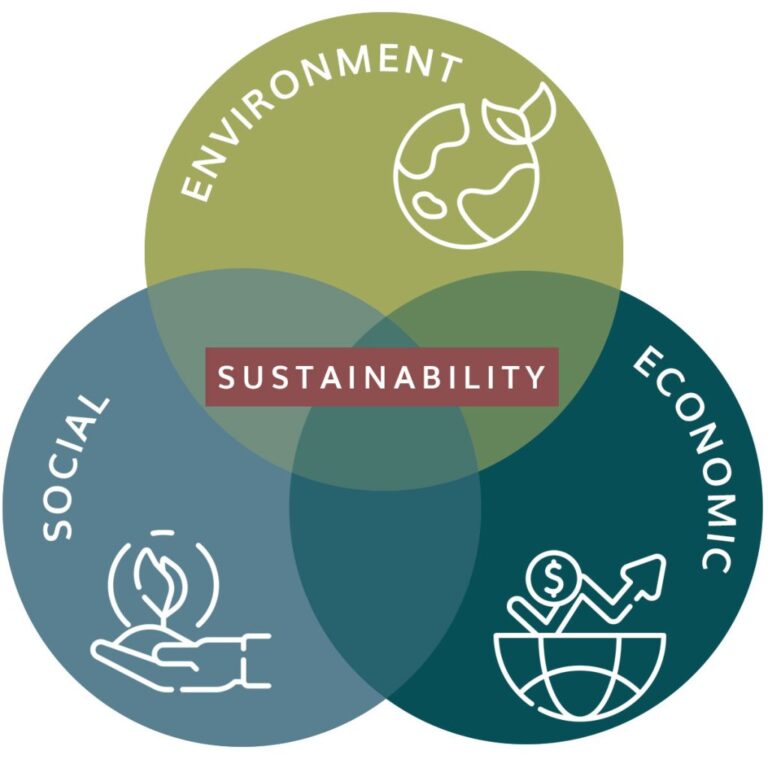Sustainability in Sourcing
In a world where climate change denial still persists among some global leaders, businesses across the globe are increasingly embracing sustainability to reduce their environmental impact. At FITSBUY, we recognize the importance of sustainable sourcing, especially when dealing with suppliers in regions like China. In this article, we shed light on sustainable sourcing practices and how we incorporate them into our operations.
Understanding Sustainable Sourcing
Sustainable sourcing, also known as sustainable procurement, involves considering environmental, social, and ethical factors alongside traditional financial parameters when procuring assets, supplies, or services for your business. The primary objective is to minimize the negative impact of sourcing on the environment and society. It aligns with the UN’s sustainable development goals, focusing on integrating environmental and social considerations into the procurement process.
The United Nations explains sustainable procurement as follows: “The aim and challenge of sustainable procurement is to integrate environmental and social considerations into the procurement process, with the goal of reducing adverse impacts upon health, social conditions, and the environment, thereby saving valuable costs for organizations and the community.”

Why Choose Sustainable Sourcing?
Businesses opt for sustainable sourcing for various reasons. Some are driven by their concern for environmental and social impacts, while others respond to market demand. Sustainability is not just altruistic; it can also enhance competitiveness. Research shows that consumers, particularly millennials, prefer brands that embrace sustainability.
- -73% of Millennials are willing to pay more for sustainable goods, according to a 2015 Nielsen study.
- -Consumer goods brands with a demonstrated commitment to sustainability tend to grow more than those without, as per Nielsen.
- -A 2018 Accenture Strategy study found that consumers are increasingly choosing environmentally conscious brands.
Sustainable Sourcing in China
China, a hub for global sourcing, has also been looking to develop green supply chains in recent years. This effort is driven both by internal motivations and external pressure from Western companies keen on improving their supply chain’s environmental performance.
How FITSBUY Supports Sustainable Sourcing
At FITSBUY, we recognize that responsible sourcing is paramount. We share this commitment with our suppliers and ensure they adhere to our ethical rules, including working conditions and environmental concerns. Our codes of conduct are aligned with international standards set by organizations like the ILO, UN, and UNICEF.
We actively monitor our suppliers’ compliance through regular visits and, when necessary, unannounced inspections by independent institutes. Should our ethical standards be violated, we are prepared to terminate cooperation.
Sustainable Practices
Given that a significant portion of a company’s carbon footprint resides upstream in its supply chain, many companies worldwide are collecting environmental data from their suppliers to reduce their carbon footprint.
Environmental Impact
Manufacturing: Consider the use of raw materials, energy consumption, packaging, and disposal impact. Opt for suppliers committed to improving their carbon footprint, reduce sample runs and waste during production, and choose eco-friendly materials and processes.
Shipping: Minimize air freight, consolidate shipments, opt for eco-friendly modes of transport, and consider carbon-neutral shipping to reduce your environmental footprint.
Social Impact
Ensure fair wages, reasonable working hours, safe conditions, and respect for workers’ rights. Uphold principles such as no child labor, equal opportunity, and non-discrimination.
- Legal Requirements: Suppliers must follow national and international laws, including ILO and UNICEF standards.
- Child Labor: We strictly prohibit child labor based on the UN Convention on The Rights of the Child.
- Compensation: Wages must exceed legal minimums, and payment should be prompt.
- Working Hours: Adherence to legal working hour limits with overtime paid at a premium rate.
- Health and Safety: Ensuring a safe working environment and proper training in occupational safety.
- Forced Labor: We do not tolerate forced or compulsory labor under any circumstances.
- Right to Organize and Collective Bargaining: Employees are free to organize, and collective bargaining is permitted.
- Discipline: No disciplinary punishments are allowed.
- Social Security: Ensuring coverage for employees with appropriate insurance and benefits.
- Environmental Conditions: Striving for waste reduction, safe waste disposal, recycling, and sustainable materials.
- Non-Discrimination: Equal opportunity and treatment without discrimination are expected.
- Security of Employment: Long-term employment with written contracts is encouraged.
Join FITSBUY in the Sustainability Journey
By choosing FITSBUY, you’re not only gaining access to a reliable sourcing partner but also contributing to a more sustainable and responsible global supply chain. Together, we make ethical choices, reduce our carbon footprint, and work towards a brighter and more sustainable future.
Sustainable sourcing is more than a business practice; it’s a commitment to our planet and its people. Join us in embracing responsible sourcing and making a positive impact on the world—one sustainable choice at a time.

